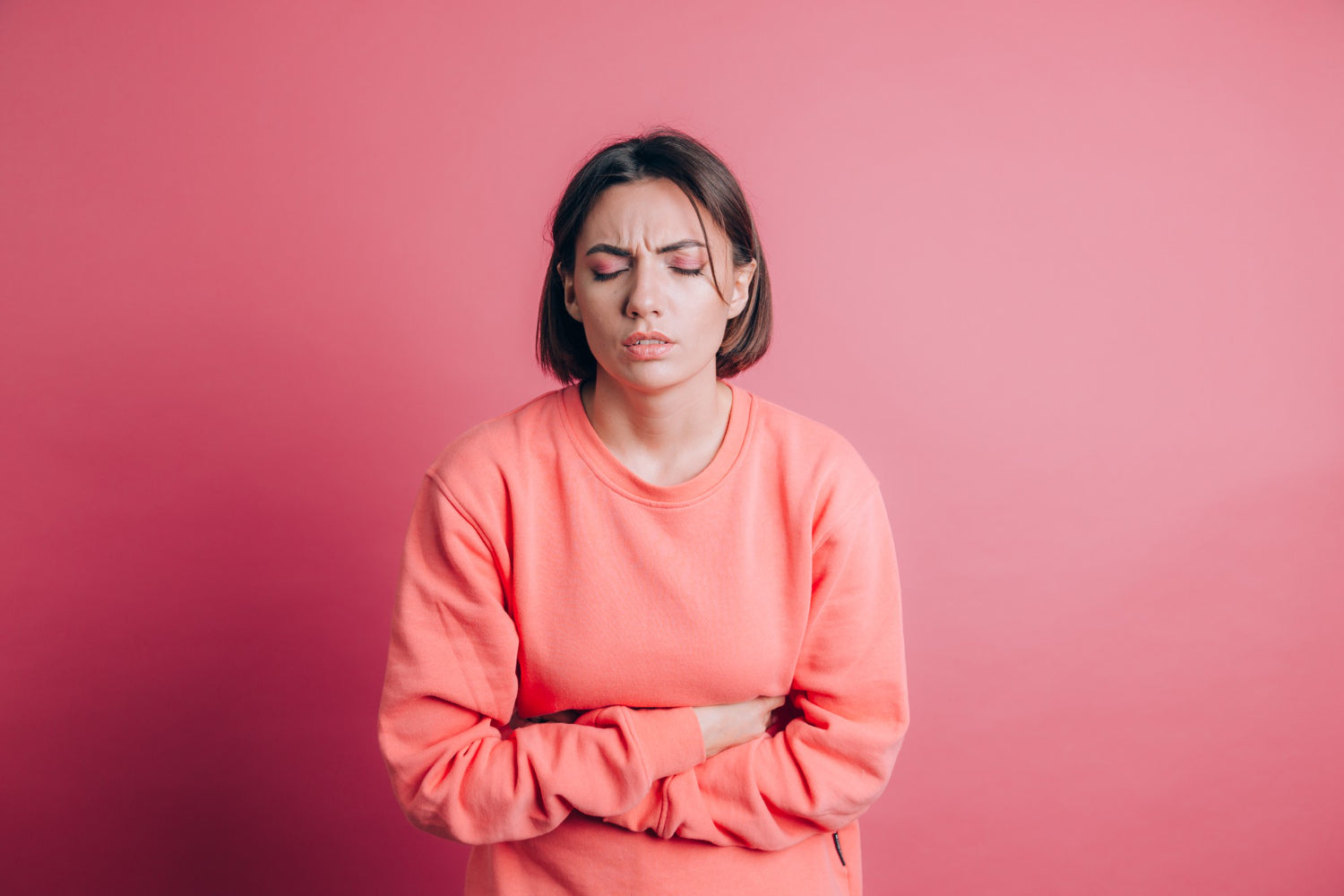Your Cart is Empty
Free shipping on Orders $79+
Free shipping on Orders $79+
Explore

Are Laxatives Good For Constipation? | Dr. Jason Dave
May 18, 2021 5 min read
By Dr. Jason Dave
Doctor’s Note
A new series featuring leading physicians who love plants as much as we do!
We live in a world full of conveniences, and often times find ourselves needing a “quick fix” for our health problems- whether it’s reaching for a quick over-the-counter (OTC) remedy or by asking our doctor for a prescription. Although these conveniences are necessary once in a while, they don’t make up for what is lacking in our diet and lifestyle.
For instance, some of us may reach for an over-the-counter laxative right away when we are feeling constipated. However, we don’t often realize that a number of factors- including a poor diet that is low in fiber, physical inactivity, and even certain medications- can disrupt normal bowel function and cause constipation. For some additional great lifestyle tips that can help with constipation, please be sure to check out our blogConstipation and How to Restore The Flow.
The #1 cause of constipation that I’ve seen as a physician is a diet low in fiber. It is estimated that95% of American adults and children do not consume the recommended amounts of fiber each day! Rather than reaching for a laxative,try addressing the underlying cause of your constipation by increasing your fiber intake.
Fiber acts in a similar manner as laxatives in alleviating constipation, but without the harmful side effects and dependency issues. If you are experiencing constipation that won't clear up despite increasing fiber intake or taking OTC laxatives, it may be a sign of a more serious illness and you’ll definitely want to see your doctor.
What are laxatives?
There are many types of laxatives like “skinny teas” and pills, and they work in many different ways to treat constipation. Some help make the passage of stool easier by drawing water into the colon, while others prompt normal intestinal muscle contraction by absorbing water to form a soft, bulky stool.Laxatives are meant for very short-term use only, and over-using them may make constipation worse and lead to very serious side effects and dependency. Chronic laxative use can eventually cause the colon to become atonic, or ’worn out,’ so it can actually worsen the situation.
Some typical side effects of OTC laxatives include:
- Abdominal cramping
- Gas
- Bloating
- Constipation or diarrhea
- Possible dependency
- Electrolyte imbalances
- Dehydration
There are also prescription laxatives available, which are used more long-term in those with regular constipation. However, they also carry a long list of side effects which can be even more severe than OTC laxatives. I have prescribed them in the past, but in extremely rare situations and as a last resort when a patient has tried everything else. In most cases, I’ve seen constipation improve drastically with just lifestyle and increased fiber (and water) intake.
How is fiber different from laxatives?
Fiber can help alleviate the issues with bloating, cravings and digestion while helping to nourish the digestive tract.In fact, it’s one of themost important things I recommend you get into your diet daily. In general, fiber is found in plant foods like fruits, vegetables, seeds, nuts, whole grains and legumes. In particular, fiber comes in two forms- insoluble and soluble.
Insoluble fiber helps to promote more healthy bowel movements by adding bulk and weight to stools, which helps the muscles of your gut lining push your stool out. Some examples of insoluble fiber includeflax seed, chia seed, pineapple, amaranth and quinoa. Soluble fiber, on the other hand, absorbs liquid in the colon. This creates a gel-like texture that improves the consistency of your stool and helps it slide through the colon and out of the body. Some examples of foods that are high in soluble fiber includepsyllium husk, sprouts, marshmallow root and flax seed. Given the way both of these types of fibers work, theycan cause a laxative-type effect by bulking your stool and helping you go, but don’t have any of the nasty side effects.
It can be confusing because there are OTC fiber supplements out there that are marketed as “bulk forming laxatives” on TV commercials and other ads. Most of them contain a high amount of unhealthy artificial ingredients, preservatives, and usually contain only one type of heavily-processed soluble fiber (which absorbs liquid in the colon to create a bulky, more liquid-like stool that’s softer and easier to pass). In addition, most of these formulas also contain synthetically-derived medicinal additives that may cause side effects.
Instead of trying these OTC fiber supplements, try and incorporate more high fiber foods into your diet from more natural, whole foods.
An easier, more convenient way of getting a well-rounded whole food blend of fiber (both soluble and insoluble) is by trying our deliciousPineapple Chia Cleanse. Not only does it contain healthy amounts of fiber to help with constipation, but it also hasplenty of prebiotics and probiotics to support the growth of beneficial gut bacteria. Combined, these ingredients work together to keep your digestive tract moving smoothly, eliminate harmful toxins, support healthy blood sugar levels and cut cravings.
If you would like to learn more about how to get started with Pineapple Chia Cleanse to help restore digestion and to address constipation and bloating concerns- I recommend readingDr. Cassidy Miller’s Guide to Getting Started with Pineapple Chia Cleanse.
* Note: When just getting started with a fiber, we recommend starting off with just 1/3 of the scoop once a day with plenty of water. After a few days of good results, you can increase to 2/3 scoop for another week, then work your way up to a full scoop. You will want to take it easy to start- increase fluids and physical activity to help move things along. It is also important to remember that large amounts of fiber can affect the absorption of medications, so take your medications one to two hours before taking a fiber supplement.
In health,
Dr. Jason Dave
Doctor’s Note
A new series featuring leading physicians who love plants as much as we do!
For more SMART lifestyle tips like this, visit our other blogs at www.smartpressedjuice.com and follow us on Instagram or like us on Facebook. You can also visit our shop to stock up on our delicious juices.
Statements made on this website have not been evaluated by the U.S. Food and Drug Administration. Information provided by this website or this company is not a substitute for direct, individual medical treatment or advice. It is the responsibility of you and your healthcare providers to make all decisions regarding your health. We recommend that you consult with your healthcare providers regarding the diagnosis and treatment of any disease or condition. Products sold on this website are not intended to diagnose, treat, cure, or prevent any disease.
{"themeColor":"#574CD5","iconColor":"#574CD5","showLogo":true,"topBottomPosition":10,"rightLeftPosition":10,"iconSize":"small","iconCustomSize":64,"position":"bottom-left"}

